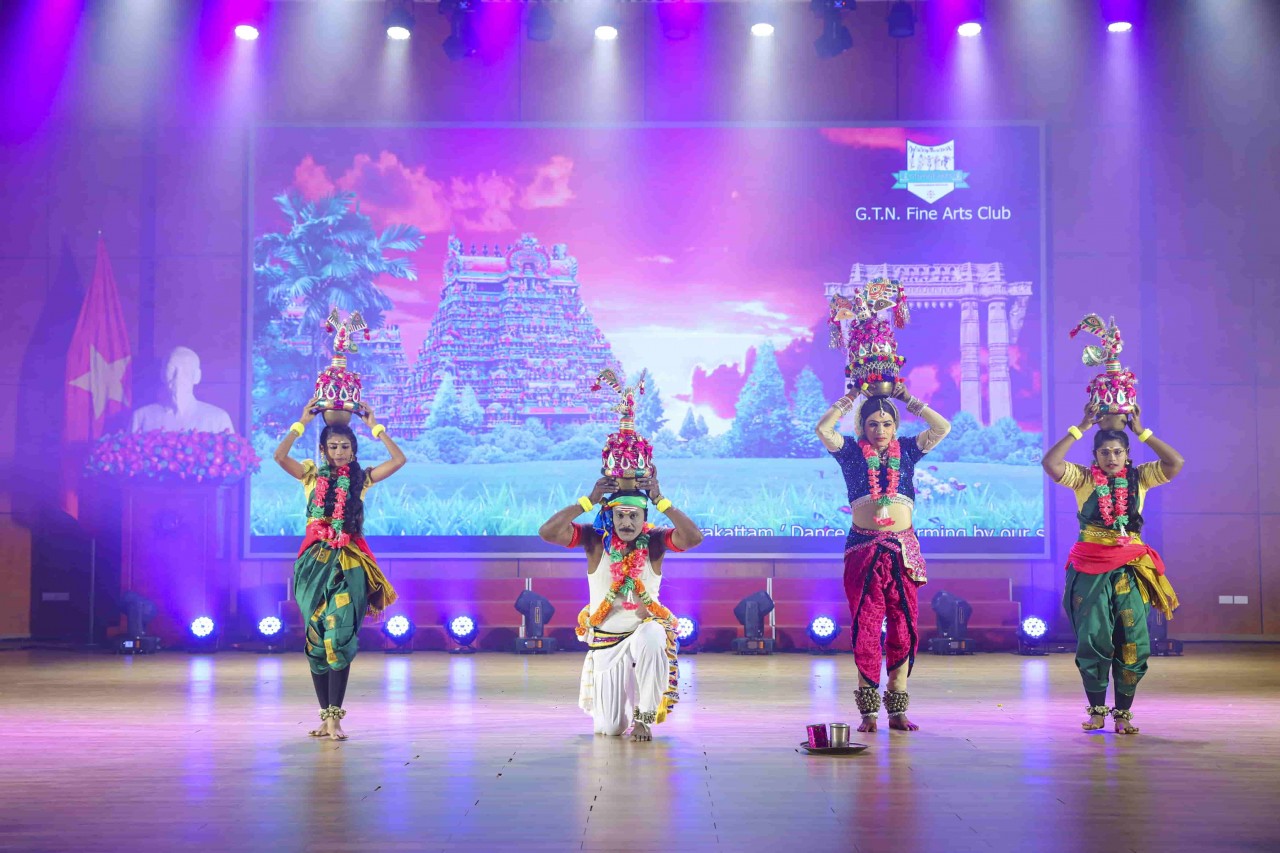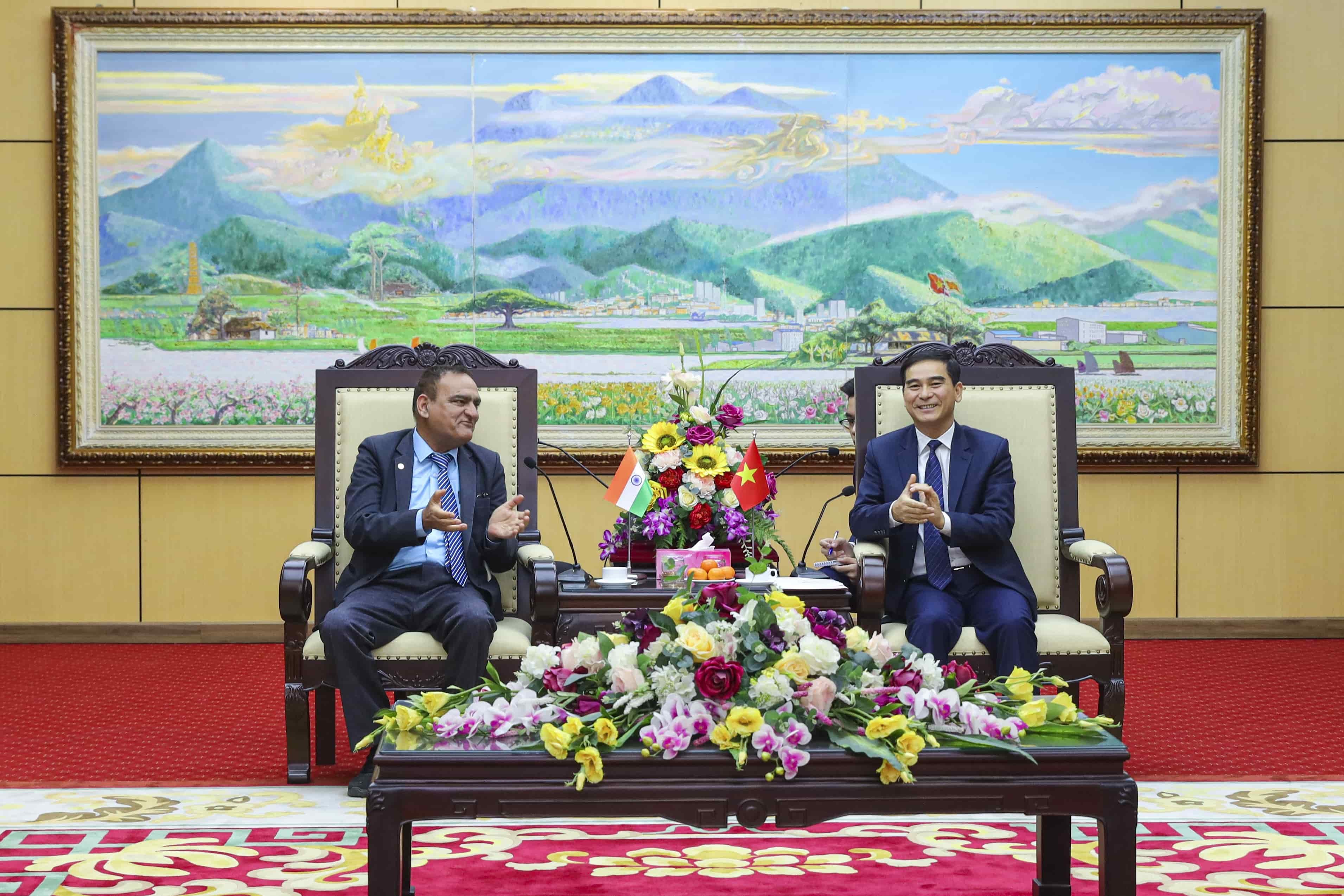Prime Minister of India Narendra Modi: Biography, Early Life & Career
Narendra Modi is best known for rising from humble beginnings to become prime minister of India. Narendra Modi grew up in the Indian town of Vadnagar, the son of a street merchant. He entered politics as a youth and quickly rose through the ranks of Rashtriya Swayamsevak Sangh, a Hindu nationalist political party. Modi joined the mainstream Bharatiya Janata Party in 1987, eventually becoming national secretary. Elected prime minister of India in 2014, he earned reelection to the post five years later.
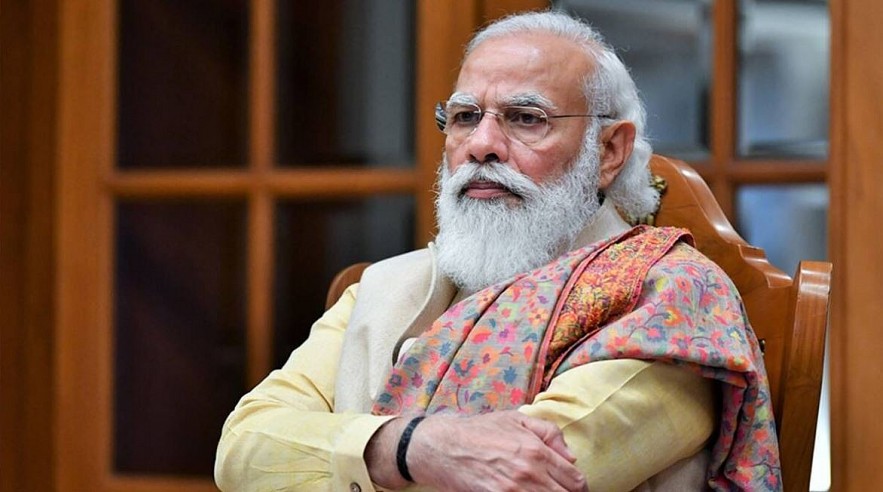 |
| Photo: Indian Express |
Narendra Modi's Early life & Education
Narendra Modi was born in the small town of Vadnagar, in northern Gujarat, India. His father was a street merchant who struggled to support the family. Young Narendra and his brother sold tea near a bus terminal to help out. Though an average student in school, Modi spent hours in the library and was known as a strong debater.
In his early teens, he joined Akhil Bharatiya Vidyarthi Parishad, the student wing of Rashtriya Swayamsevak Sangh (RSS), a Hindu nationalist political party.
He did his schooling in Vadnagar and obtained a master's degree in Political Science from Gujarat University. One of his school teachers described him as an average student but a brilliant debater. During his college days, he worked as a 'pracharak' (promoter) of the Rashtriya Swayamsevak Sangh (RSS). He left home at the age of 17 years and traveled across the country for the next two years, according to Elections.in.
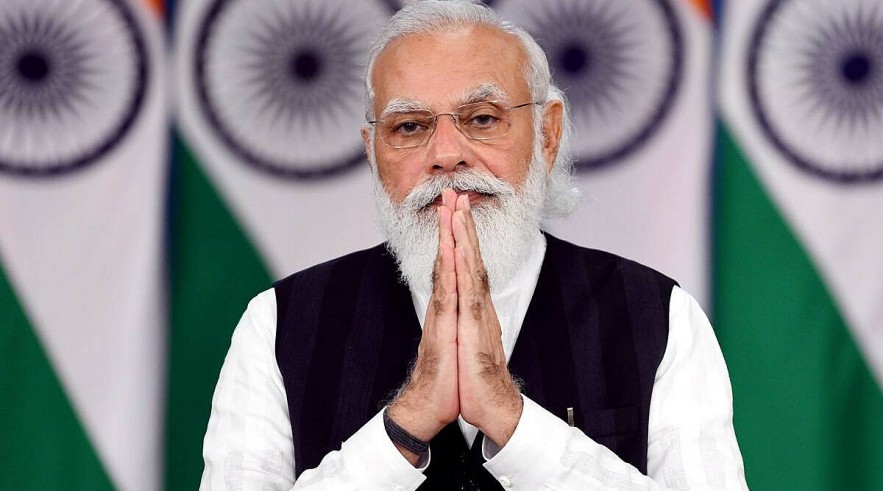 |
| Photo: Indian Express |
Political career
Modi dedicated his life to politics in Gujarat, joining the RSS in 1971. During the 1975-77 political crisis, Prime Minister Indira Gandhi declared a state of emergency, banning political organizations such as the RSS. Modi went underground and wrote a book, Sangharsh ma Gujarat (Gujarat in Emergency), which chronicles his experiences as a political fugitive. He graduated from Delhi University with a degree in political science in 1978 and completed his master’s work at Gujarat University in 1983.
In 1987, Narendra Modi joined the Bharatiya Janata Party (BJP), which stood for Hindu nationalism. His rise through the ranks was rapid, as he wisely chose mentors to further his career. He promoted the privatization of businesses, small government, and Hindu values.
In 1995 Modi was made the secretary of the BJP’s national organization in New Delhi, and three years later he was appointed its general secretary. He remained in that office for another three years, but in October 2001 he replaced the incumbent Gujarat chief minister, fellow BJP member Keshubhai Patel, after Patel had been held responsible for the state government’s poor response in the aftermath of the massive Bhuj earthquake in Gujarat earlier that year that killed more than 20,000 people. Modi entered his first-ever electoral contest in a February 2002 by-election that won him a seat in the Gujarat state assembly.
In June 2013, Modi was selected to head the BJP’s 2014 election campaign to the Lok Sabha (the lower house of India’s parliament), while a grassroots campaign was already in place to elect him prime minister. Modi campaigned hard, portraying himself as a pragmatic candidate capable of turning around India’s economy, while his critics portrayed him as a controversial and divisive figure.
In May 2014, Modi and his party were victorious, taking 282 of the 534 seats in the Lok Sabha. The victory marked a crushing defeat to the Indian National Congress, which had controlled country politics for most of the previous 60 years, and sent a message that India’s citizens were behind an agenda that moved away from a secular, socialist state to a more capitalist-leaning economy with Hindu nationalism at its core.
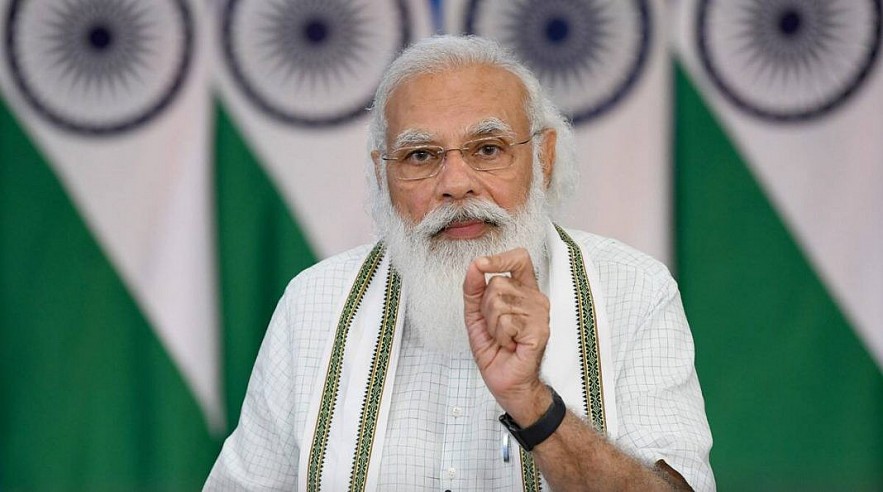 |
| Photo: News on air |
Narendra Modi's policies as Indian Prime Minister
Since becoming prime minister, Modi has encouraged foreign businesses to invest in India. He has lifted various regulations — permits and inspections — so that businesses could grow more easily. He has decreased spending on social welfare programs and has encouraged the privatization of healthcare, although he has devised a policy on universal healthcare for those citizens with serious ailments. In 2014, he launched a "Clean India" campaign, which focused on sanitation and the construction of millions of toilets in rural areas.
His environmental policies have been lax, especially when those policies hamper industrial growth. He has lifted restrictions on protecting the environment and is more open to the use of genetically modified crops, despite protests from India's farmers. Under Modi's power, he has suppressed the influence of civil society organizations, such as Greenpeace, the Sierra Club, Avaaz, and other humanitarian groups, saying they prevent economic growth.
In terms of foreign policy, Modi has taken on a multilateral approach. He has participated in the BRICS, ASEAN, and G20 summits, and has aligned himself with the United States, China, Japan, and Russia to improve economic and political ties. He has also reached out to Islamic republics, most notably fostering diplomatic ties with Pakistan, although he has repeatedly labeled the country a "terrorist state" and an "exporter of terrorism." Under his rule, Modi has substantially centralized his power compared to previous administrations.
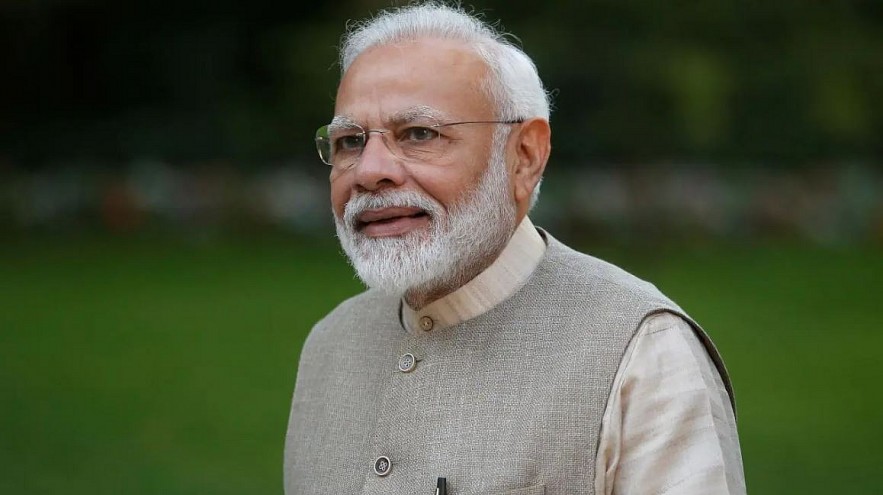 |
| Photo: Money Control |
Global Recognition
In 2016 Modi won the reader's poll as TIME's Person of the Year. In previous years, he had received top ranking as one of the most influential political figures in the world in both TIME and Forbes Magazine. With high favorability ratings among Indian voters, Modi enjoyed a reputation for actively engaging citizens through social media and encouraging his own administration to stay active on its platforms.
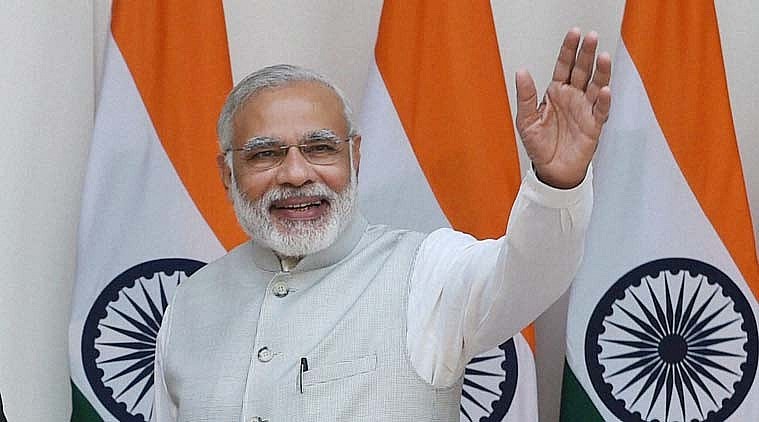 |
| Photo: Trendybio |
Indian prime minister's duties & powers
The various powers and authorities enjoyed by the Prime Minister are as follows:
Head of the Government: The Prime Minister of India is the head of the Government. Though the President is the head of the State, most of the executive decisions are taken by the Prime Minister. All the important decision-making bodies in India, like the Union Cabinet and the Planning Commission, run under his supervision.
Leader of the Council of Ministers: As far as the Prime Minister’s relation to the Council of Ministers is concerned, his position is that of “First among Equals”. In the case of the death or resignation of the Prime Minister, the entire Council of Ministers has to resign. The ministers directly report to the Prime Minister. He can also remove a minister by asking for his resignation or having him dismissed by the President. If any difference of opinion arises between the Prime Minister and any other minister, the opinion of the Prime Minister prevails.
Leader of the Parliament: The Prime Minister is the Leader of the House to which he belongs. He can also take part in debates in the House of which he is not a member. He can also advise the President to dissolve the Lok Sabha.
 | President of India Ram Nath Kovind: Biography, Early Life & Career Shri Ram Nath Kovind was sworn in as the 14th President of India on 25 July 2017. A lawyer by profession, he had been the ... |
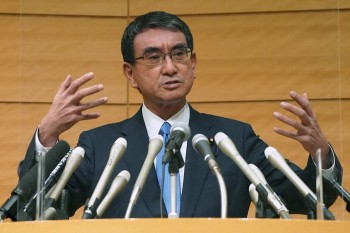 | Who is Taro Kono - Politician Who Could Become Japan's Next Prime Minister? Japan's popular minister of administrative affairs, Taro Kono, formally announced his candidacy to lead the ruling Liberal Democratic Party (LDP) and become the next prime ... |
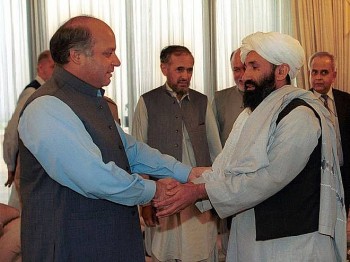 | Who is Mullah Hasan Akhund - Afghanistan Interim Prime Minister? The Taliban announced on September 7 that Mullah Hasan Akhund has been appointed interim prime minister of Afghanistan. Who is Mullah Hasan Akhund and what ... |
Recommended
 World
World
Pakistan NCRC report explores emerging child rights issues
 World
World
"India has right to defend herself against terror," says German Foreign Minister, endorses Op Sindoor
 World
World
‘We stand with India’: Japan, UAE back New Delhi over its global outreach against terror
 World
World
'Action Was Entirely Justifiable': Former US NSA John Bolton Backs India's Right After Pahalgam Attack
Popular article
 World
World
US, China Conclude Trade Talks with Positive Outcome
 World
World
Nifty, Sensex jumped more than 2% in opening as India-Pakistan tensions ease
 World
World
Easing of US-China Tariffs: Markets React Positively, Experts Remain Cautious
 World
World




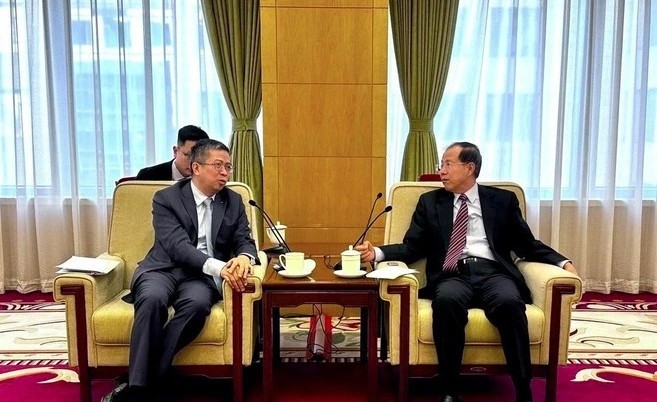
![[Photos] India and Vietnam Unite in Friendship Festival 2024](https://vietnamtimes.org.vn/stores/news_dataimages/2024/122024/19/23/b72443a0d3e09c7d133e23a7d221ca07.jpg?rt=20241219234711)
